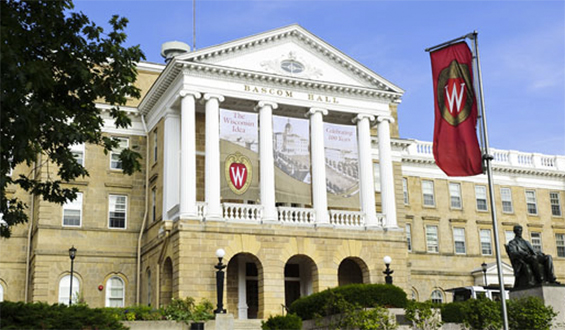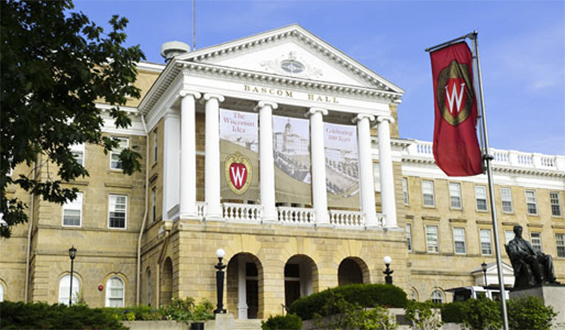
System leaders at the University of Wisconsin have approved a resolution affirming freedom of speech as colleges across the country struggle over criticism that academia is working to protect students from being offended by lectures and discussions on campus.
In a 16 to 2 vote, the system’s Board of Regents decided to adopt a resolution stating that the university should not shelter students from ideas or opinions that might be offensive to them.
“These are not just pretty words we are going to put in a brass plaque,” said a regent, José Delgado. “You’ve got to be able to listen hard, even if it hurts.”
Civil rights advocates have announced concerns that universities across the country are trying to limit free speech in an effort to protect their students from feelings of being offended, arguing that “trigger warnings” that announce upcoming course content that could make students uncomfortable are overused. Some campuses have even seen group demonstrations against controversial speakers, sometimes resulting in cancelled appearances.
Last month saw the resignation of the University of Missouri’s president, Timothy M. Wolfe, after a series of protests focused on how his administration handled race-related issues on campus. After a student photographer was blocked from the protester’s tent city by students and one assistant professor, university police told students to report any hateful or hurtful speech, causing some to believe that any comment considered to be offensive could be viewed a crime.
The issue came to Wisconsin after Chancellor Rebecca M. Blank of the University of Wisconsin’s main campus wrote on her blog that no one should be afforded the opportunity to say anything that could diminish others. After the post received attention, Blank said she was just trying to encourage civility.
The resolution began to come together in May by regent Tim Higgins after the University of Chicago and Purdue University in Indiana announced theirs. The president of the Board of Regents, Regina Millner, noted that the measure was not created as a result of any specific event, but rather was meant to reassure faculty members that they would be protected as new tenure policies were created.
Millner went on to say that the college had reaffirmed their commitment to free speech seven times since 1922, and that students must gain the ability to listen to the viewpoints of others even if they do not share the same ideas.
Two regents, Charles Pruitt and José Vásquez, voted against the measure, saying it had not been thoroughly thought-through and that there were no problems with how people expressed themselves on campus.
Around 20 protesters joined in the meeting after the approval of the resolution to push for more diversity recognition on campus. While Millner did acknowledge them and thank them for coming, they were not given the opportunity to speak.
However, as the meeting came to a close the students stood and requested to speak. One read a speech discussing how the measure would allow hateful speech to occur on campus. He was ignored by the regents, who finished their closing remarks as he shouted.




